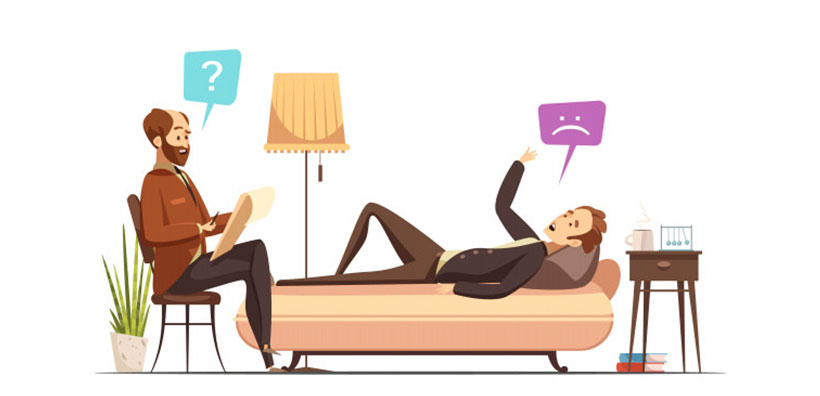By Misba Khan
With around 58 million South Africans currently living in a state of nationwide lockdown with very limited and strictly controlled access to the outdoors, it is safe to assume that many people’s mental wellbeing is at risk. While the world focuses on trying to minimize the potentially devastating effects of the Covid-19 pandemic, researchers predict that a secondary epidemic of mental-health-related disorders and psychological distress is set to sweep the nation, starting now and continuing well into the second half of 2020. Let’s look at how.
As humans, socializing and maintaining interpersonal relationships is of fundamental importance to us. The world as we know it has been built on social structures and human-to-human interactions. In fact, it may be intuitive to say that being social has helped us survive and thrive over millions of years. It is, therefore, a primitive need for humans to socialize to prevent feelings of loneliness and isolation. To prove this point, according to research, loneliness is as detrimental to one’s physical health as smoking a pack of cigarettes a day. The current lockdown situation facing our country has left many of us feeling lonely (at least to a certain extent), thus triggering a huge increase in stress and depression amongst the population.
Alongside being deprived of social connections – such as meeting up with loved ones – our daily lives have also been flooded with saddening news regarding the ongoing pandemic: the rising number of infections and deaths, the disastrous state of the economy, etc. This is sure to take a toll on the mental health of even the most headstrong of individuals as the atmosphere of fear, stress, and worry continues to rise.
Also, as our economy suffers greatly from the impact of the lockdown and many families remain without a source of income. Many people are not fortunate enough to be able to work from home and are in a state of constant worry as their source of income is at a standstill and there is a lot of stress about making ends meet for themselves and their families. Many South African families are facing financially troubling times.
Many students are also under great strain to complete their current study courses while studying at home, many with a serious lack of resources which they need to be able to perform at their highest potential.
One dreadfully wonders what the mental health of those stuck at home with their abusers might be like as they remain stripped away from various support systems and escape mechanisms. According to SAPS, reported cases of domestic violence are at an all-time high.
The damaging effects of the current crisis on health care workers and their families alike cannot be ignored. Anxiety, paranoia, and post-traumatic stress-related disorders would have hit them the worst as they remain at the forefront of the fight against Covid-19.
To back these points, in late February 2012, The Lancet published a review based on 24 studies conducted in Wuhan, China documenting the psychological impact of quarantine. The results have unsurprisingly revealed that people living under lockdown are very likely to develop a wide range of symptoms of psychological stress. Some of these symptoms include low mood, insomnia, stress, anxiety, anger, irritability, emotional exhaustion, depression, and post-traumatic stress symptoms. Low mood and irritability specifically stand out as being very common. I think we can all agree with this.
It would be safe to assume that South Africans, too, would suffer from similar psychological impacts due to our current lockdown situation. In fact, we have already started seeing proof of this. To give you an idea, in a study published in 2019 by SADAG, they revealed that as many as one-in-six South Africans already suffer from anxiety, depression or substance-abuse related problems, but since the onset of the lockdown this year, they have seen a significant increase in the number of phone calls they received from people seeking help. This proves that the number mentioned above has surely risen.
As a developing nation, South Africans still have a lot of ground to cover when it comes to combating psychological disorders and develop stable support systems for those that suffer greatly because of these. As South Africans – at the moment – we can simply remain steadfast in the face of the current crisis, support one another and lend a listening ear to a friend or family member just to help each other out as we all now need it more than ever before.
Editor’s note: The World Health Organization (WHO) has issued a set of mental health and psychosocial considerations to take note of and adhere to during this Covid-19 outbreak. You can have a look here.
Misba Khan is an architecture graduate from the University of Johannesburg.
Featured image via FreePik.
